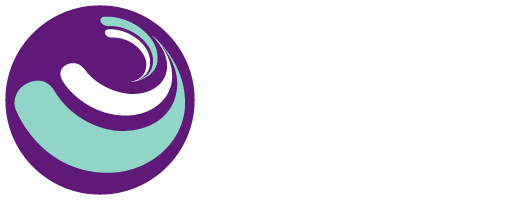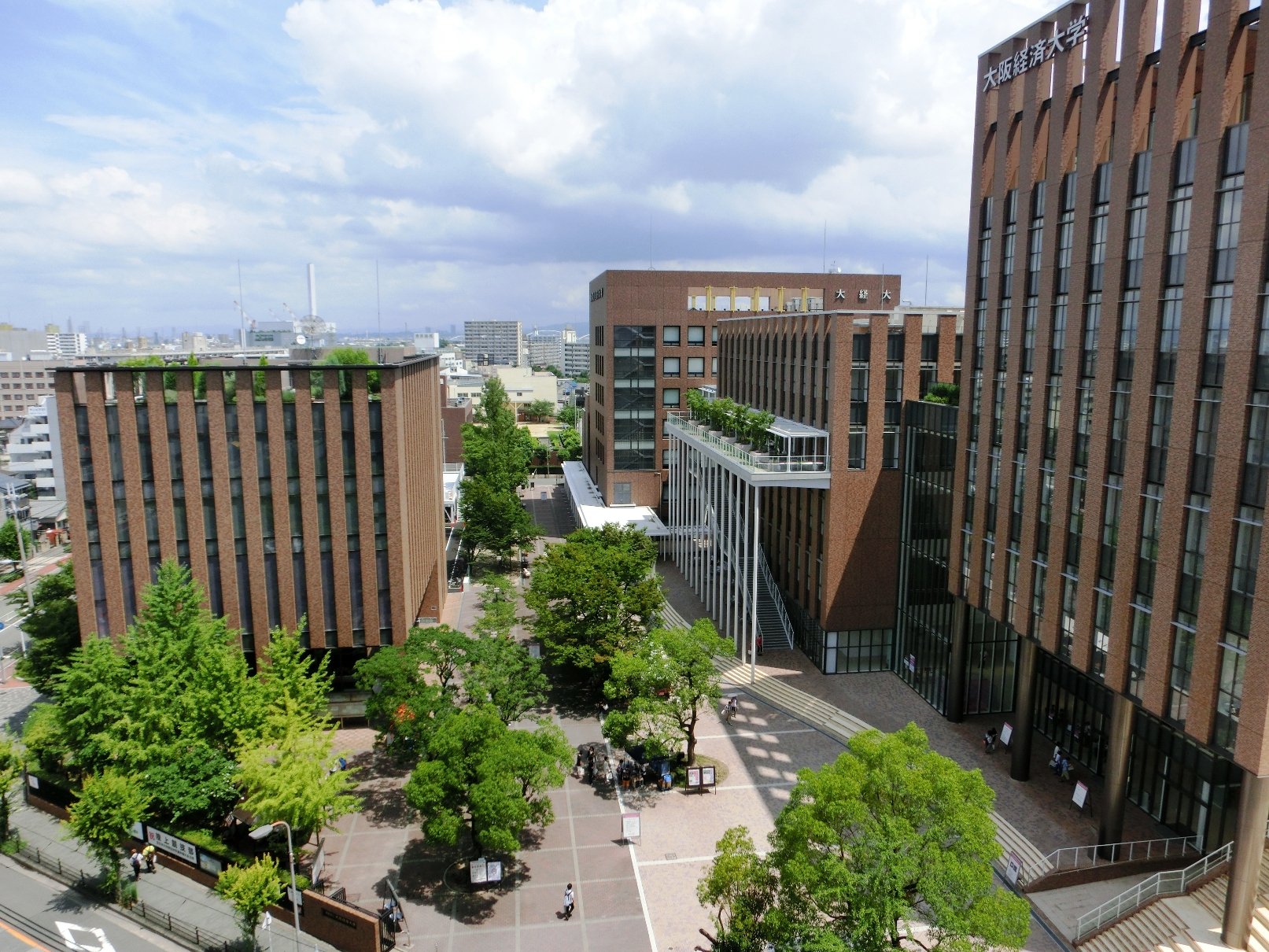Introducing goal-based outcome (GBO) measures to Japan
I first received permission to translate and use the GBO in Japan from Duncan Law in 2014. I started work on the project as soon as I returned to Japan, having spent the previous year researching in London, and was actually using the Japanese version of GBO by the autumn of 2014. Time flies, it will soon be our 5th year of using it!
I work at Osaka University of Economics within the faculty of Human Science where we offer a 2-year full-time masters course training to be a clinical psychologist. Such training courses in Japan usually have a clinical psychology/psychotherapy service for local people and my idea was to use the GBO to enhance our service.
As a UK Qualified Child & Adolescent Psychotherapist, I teach basic psychoanalytic theory and child psychotherapy to the masters’ students to practice it in our service. I developed a consultation service for children and families in 2011 modeled on the Under 5 counseling service at the Tavistock Clinic, NHS foundation Trust in London. We typically offer 10 sessions, usually with a specially assigned clinical psychologist and myself, together with some masters’ students sitting in on the session to observe and learn. These sessions include listening to the child’s life history; past and current difficulties, as well as occasionally offering psychometric/developmental tests. The service users are up to 18 years of age and they have a wide range of problems such as impediments in their development, and / or relationship difficulties at school and home. In the 10thsession, we review the sessions together with the family sometimes including the child themselves, and try to make as much sense as possible of what might be going on with the child and family. At this stage, if we think it appropriate, we suggest ongoing psychotherapy for the child along with parent work.
We then discuss the GBO with those children and families who agree to accept the ongoing psychotherapy and parent work offers. The psychotherapy and the parent work are offered by the assigned clinical psychologist and trainee graduates from our masters course as well as the current masters students. We take the SDQ at the same time so that we are able to consider the child’s outside life as well as life inside the therapy. We use the GBO and the SDQ forms every 6 months during the ongoing psychotherapy and parent work.
The benefit I feel in using those forms are that both the children/families and the therapists are able to ‘see together’ what their difficulties are, and are able to share clearly why they are continuing /discontinuing the therapy. It becomes a very useful opportunity especially when the children/families and the therapists don’t agree with the goals and/or the GBO scores, as they can discuss their feelings and thoughts and sometimes reach agreements. Even when they don’t reach agreement, they can share their different ideas more positively for future prospects. What is important here seems to be the process of discussion itself through the means of the GBO form rather than simply setting up goals or agreeing with the scores.
As our service is basically a training base, there haven’t been a large enough number of service users for us to process it statistically. However, I have received some interest in using the GBO from some other universities’ equivalent services as well as ones in the public sector. I am therefore hoping to collect data together with those other services, to consider the benefits of using the GBO further.
A free to download PDF of the Japanese version of the GBO can be downloaded here.

